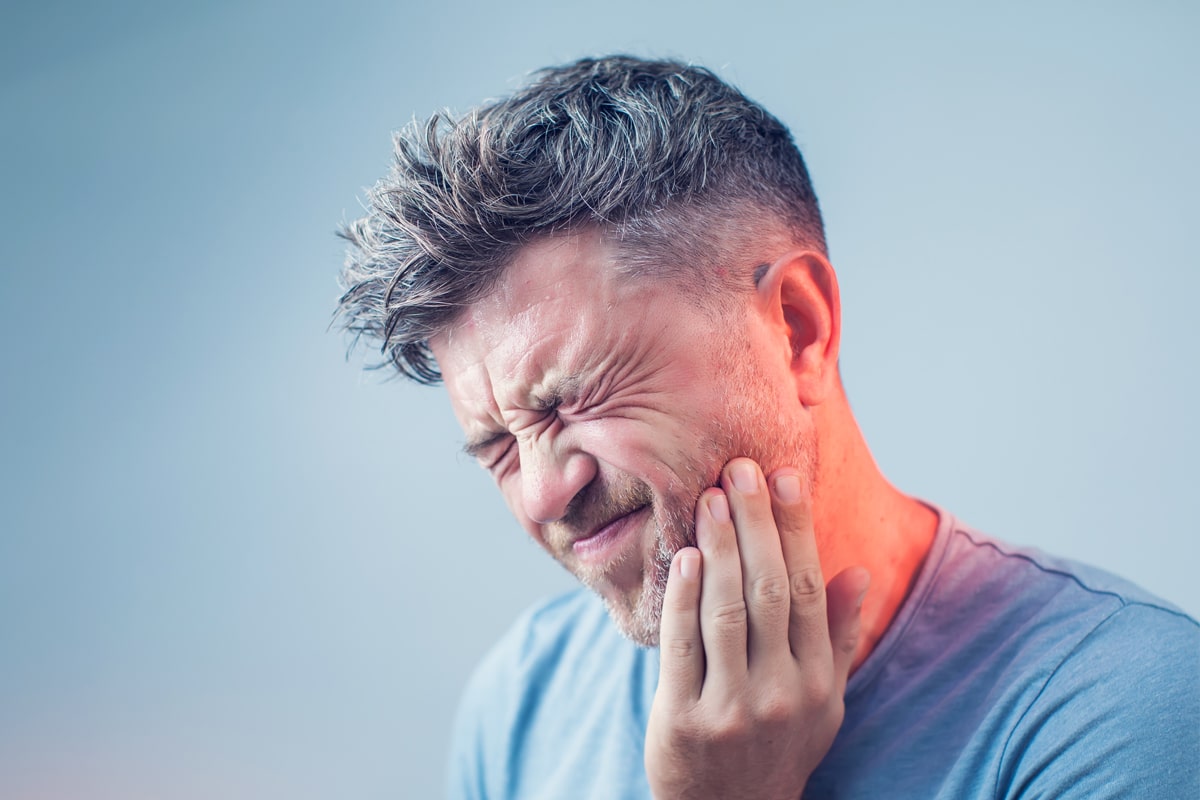
TMJ, or temporomandibular disorder, is essentially a pain that one feels in their TM joint. This joint is located on your jawbone right by your earlobe. TMJ can cause some oral health issues that your dentist should assess. Here are some facts about TMJ as well as common symptoms and treatment options if you’re diagnosed.
Symptoms
Discomfort from TMJ can be felt in a few different places around your jaw and skull. Of course, one of the most common symptoms is tenderness and unusual discomfort in the jaw. Patients might also experience abnormal sensitivity or achiness in the ears. Some patients notice headaches as well, but this could potentially be caused by the continued discomfort happening in the jaw. Furthermore, you might find that your teeth are sensitive even though you’ve never had this issue before and don’t have any variation of gum disease.
Women are more likely to be diagnosed with TMJ than men. While the exact reason for this has yet to be pinpointed exactly, there are a few biological and psychological factors that might contribute to women’s higher risk. Women have some natural vitamin deficiencies that could contribute to joint issues, and the increased amount of stress in some women’s lives can also make them more likely to develop TMJ.
Treatments Available
Until you’re able to reach a dentist or doctor, over-the-counter pain medications might be able to ease any headaches and numb the aches in your jaw. Placing an ice pack on your jaw might also help with numbing the area for the time being. Treatment varies depending on the exact source of your TM joint pain. If teeth grinding is the culprit, your doctor might suggest that you purchase a mouthguard until the grinding ceases and gets under control. Stress is also a common cause of both teeth grinding and jaw clenching in general that could put pressure on the TM joint. Talking to a professional about the source of your stress and anxiety could assist you on your journey to becoming more relaxed and at peace during the day. If other non-invasive procedures don’t seem to cure your discomfort, it’s possible that your Oceanside, NY cosmetic dentist will advise having a surgical procedure done to repair the damaged joint.





